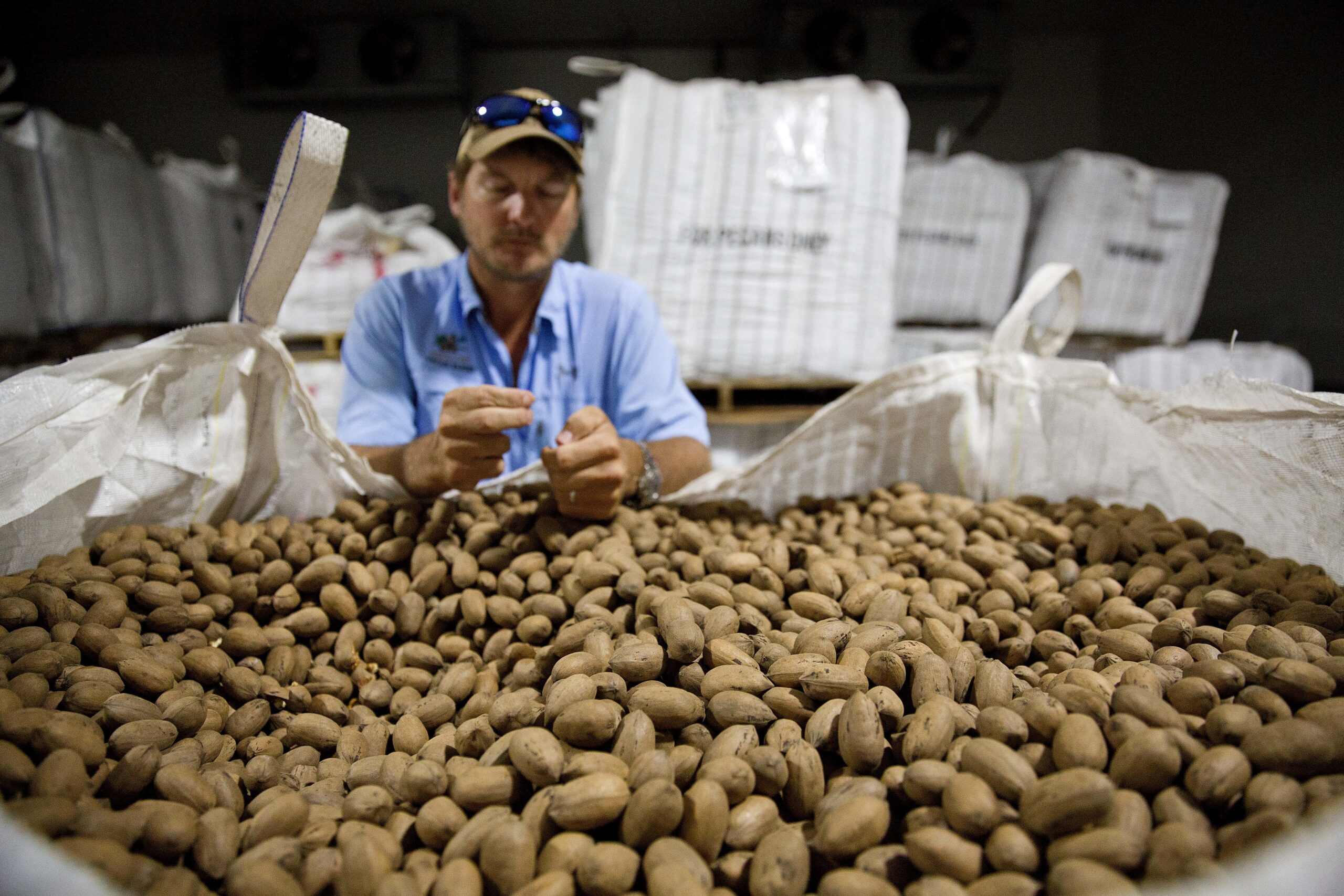In a rare break with the White House, the U.S. Chamber of Commerce has come out against President Donald Trump’s tariffs.
Trump has said the tariffs will make the U.S. a “much stronger, much richer nation.” The Chamber does not agree.
The chamber calls the tariffs “the wrong approach,” one that is triggering retaliatory tariffs on U.S. goods. In a state-by-state analysis, it explained that about $750 billion worth of Georgia exports are threatened by the new tariffs.
Jason O’Rouke, vice president of public policy and federal affairs at the Georgia Chamber of Commerce, said his group agrees with the stance.
“It’s not lukewarm. It’s very much, this is a line in the sand. This is something that we believe in,” he said. “At some point, you just have to say enough is enough, this is starting to cause real damage to the economy.”
O’Rouke said trade wars can cause far-reaching damage.
“It’s easy to think about trade as sort of a big picture boogeyman and not think about the actual impact. But the global supply chain is just so advanced at this point that you can’t take one piece out of the system without having downstream impacts,” he said.
“It just means that consumers have to pay more for the product, the supply goes down and the demand goes down simultaneously.”
He said agriculture products are usually the first to see tariff impacts since they have finite shelf lives.
Andres Villegas, who runs the Georgia Forestry Association, said his industry is already seeing effects on some export markets.
“It becomes a cycle where there’s no winners,” he said of the policy. “Tariffs and counter-tariffs … everyone loses.”
Far down the line, he said, if Georgia businesses lose too many customers, that could mean less production and maybe, fewer jobs.
Villegas said he hopes Washington will hear “the voice of manufacturers.”
Georgia’s pecan industry could also be affected. About half of the state’s pecans are exported to China, and they are on China’s retaliatory tariff list.
Jeb Barrow is a longtime pecan farmer near Augusta and president of the National Pecan Federation.
“It’s going to make our competitors’ nuts from South Africa and Mexico in particular, less expensive than Georgia nuts,” he said.
Barrow said the industry is waiting to see how it all could play out during the harvest this fall, but it has the potential to be “devastating.”










